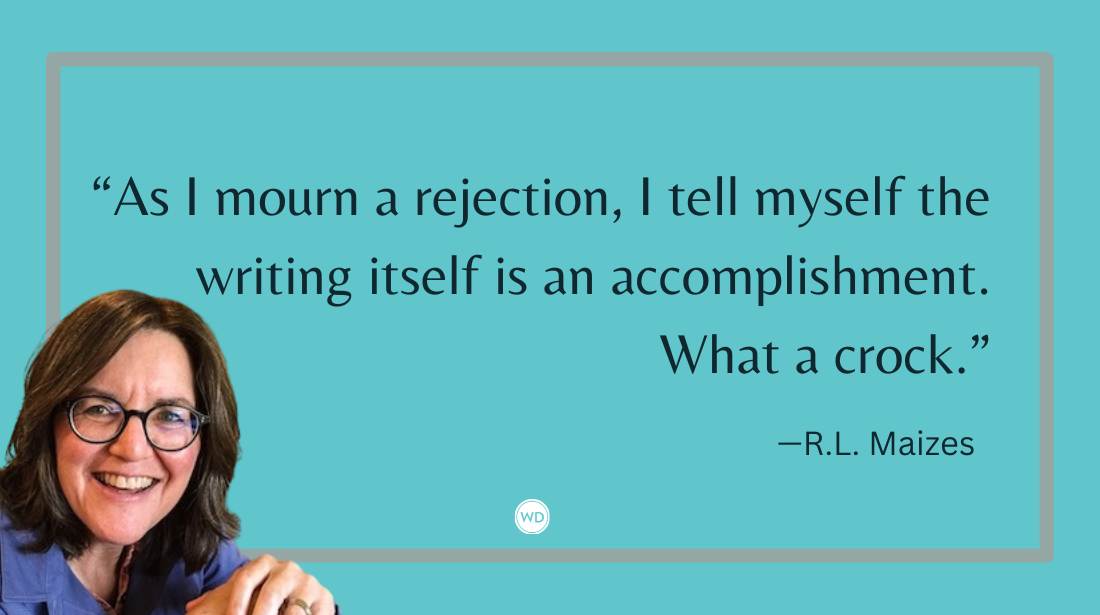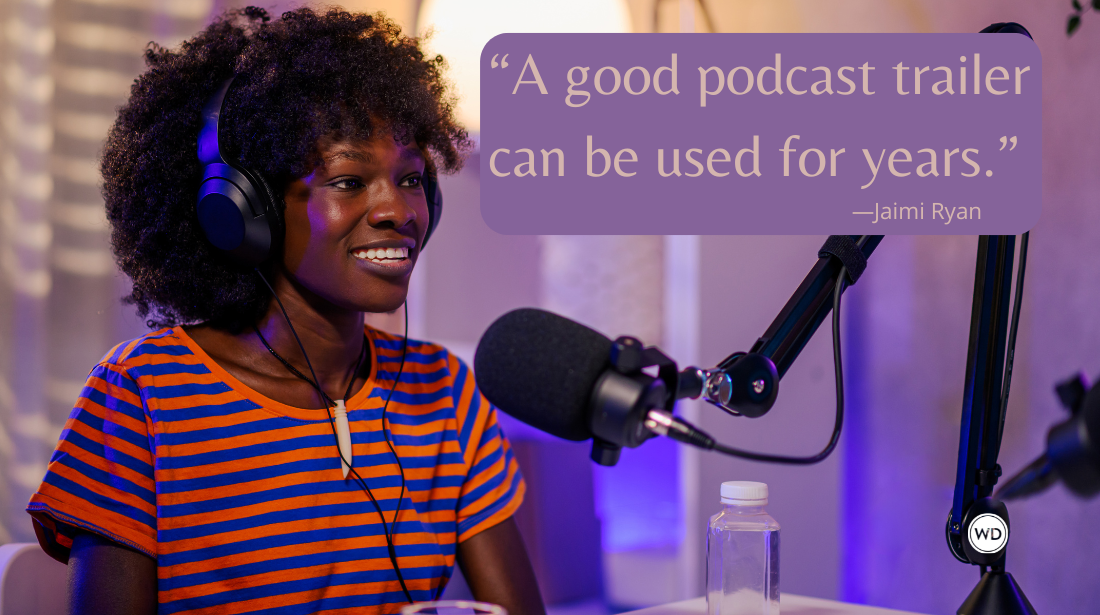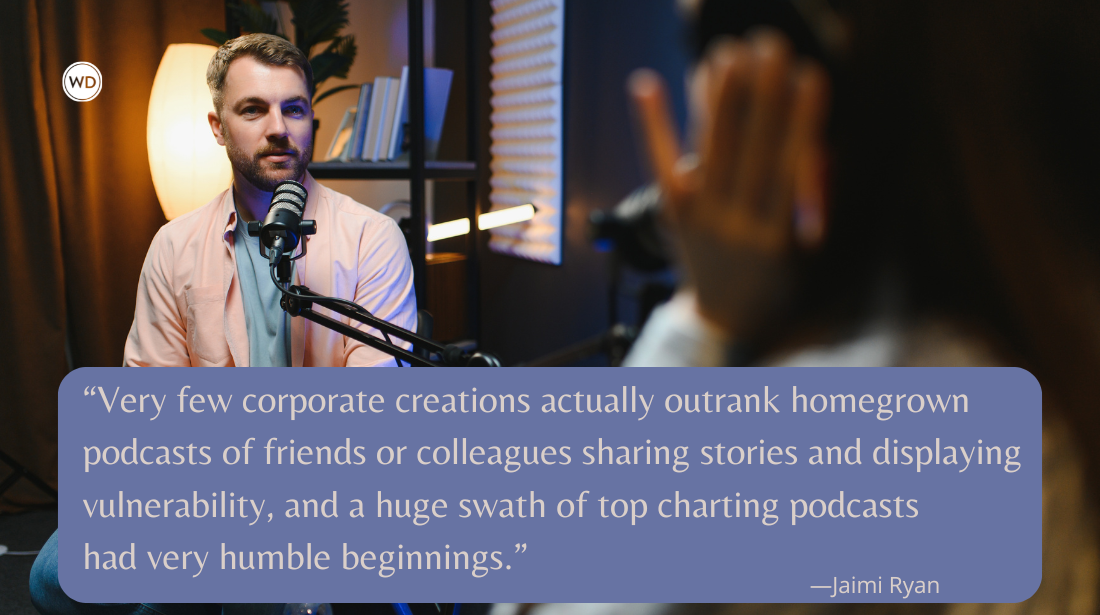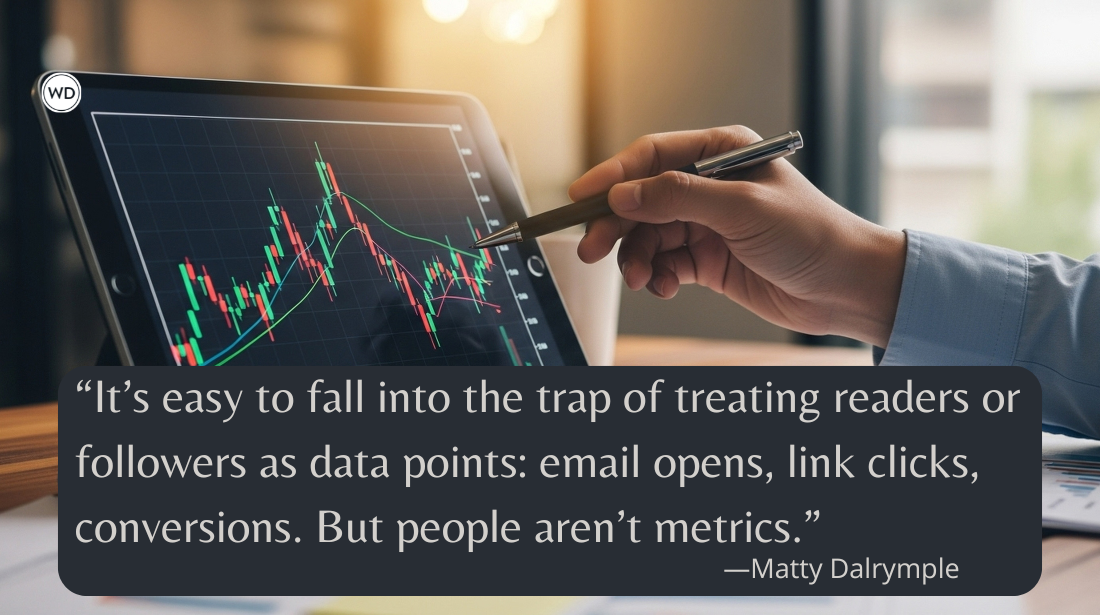The One Behavior That Spells Doom for Your Editor/Agent Relationship
A top-shelf journalist, Dan Baum, recently Tweeted about his experience breaking into and then writing for The New Yorker. You can read the full account here. It was fascinating to…
A top-shelf journalist, Dan Baum, recently Tweeted about his experience breaking into and then writing for The New Yorker. You can read the full account here.
It was fascinating to get an inside look at one of the most venerable publications in the world, but much more fascinating was the story—or lesson—of his dismissal. It was not related to his writing or performance, though that was the official reason given.
Here's part of what he says (edited for space):
I wanted to write about Mexico’s disputed presidential election. A million people were demonstrating in Mexico City.
David said, “I guess if you want to write about Mexico, you might write about that mayor of Mexico City; he’s interesting.”
And here’s where it all went to hell.
I should have said, “Great idea, David. I’ll get right on it.”
Instead I said, “David, that’s the guy I’m talking about! That’s the guy who claims to have won the election! That’s the guy who everybody is demonstrating over!”
Now, what was the point of doing that? He was ceding me the chance to write about the situation in Mexico.
And if he didn’t know the details, he had more than the average American’s sense of Mexican politics.
But, believing we were two colleagues - couple of guys from New Jersey - hashing out what was best for the magazine, I made him feel uninformed.
Then I did it again.
He said, “How about the governor of Montana? He’s an interesting guy; you could profile him.”
Again, the correct response would have been, “Right away, sir.”
Instead, I said, “David, I proposed that story six months ago and you turned it down. Now it’s too late. Next week, he’s on the cover of the New York Times Magazine.”
The conversation ended amicably enough, but everything went to hell after that. I knew it at once. It all turned frosty.
… the real reason Remnick fired me was that he took a personal dislike to me after our conversations.
I was pretty bitter for a while. A New Yorker writer should be able to have a straight-up exchange of views with his editor.
And a guy as accomplished and powerful as David Remnick shouldn’t be so insecure that he can’t take some pushback.
… The biggest disappointment was learning that, after all, it’s not only about the work on the page. That the writing life is not a pure meritocracy, or a refuge from office politics. All that crap still matters. Even at the top of the heap. Perhaps especially at the top of the heap.
Like Baum, I'd expect a higher level of emotional intelligence from people at The New Yorker, and he blames not knowing the culture well as a reason for his misstep (he didn't work at the offices or visit that often).
But it's always a critical error to ignore one of the cardinal rules of human interaction: If you insist on being right, and/or make someone feel bad about themselves (especially when it comes to your superiors!), prepare to be disliked and lose opportunities.
Especially when it comes to superiors, we can mistakenly ascribe more confidence to them because we see them as successful, and as having accomplished so much. You might think your boss or CEO has the wisdom and knowledge to be reasonably and constructively challenged (isn't that how we all learn?), but that's rarely the case.
One book I love dearly is The 48 Laws of Power. Guess what the first law is (perhaps the most important of all)?
Never Outshine the Master.
If David Remnick of the New Yorker is susceptible, I guarantee the editors, agents, and other people you work with���who wield some measure of power in your career—are also susceptible.
Are you telling them that they're wrong, pointing out how they contradict themselves, persisting in an argument of why you're right?
You're not doing yourself any favors.
Editors/agents may not say it openly, but if this is your attitude, you'll get the freeze-out, just like Baum did. It may be a quiet freezing process: perhaps they're not championing you any more to their important contacts —something you could never know for sure.
Think about the contact you have with important people. Imagine how they feel when they see an e-mail from you. Will they have a bad feeling? "Oh no, now what's wrong?" Or: "What will they complain about next?" Or: "How have I screwed up this time?"
I keep a quote from Jean Toomer posted in my office:
Thank everyone who calls out your faults, your anger, your impatience, your egotism; do this consciously, voluntarily.
If we can put aside our egos, we open the door to more honest conversation and an opportunity to learn.
Unfortunately, most of us know instinctively not to challenge the person in power.
Don't we watch, very carefully, when a superior is challenged by someone with very little power? What happens to the challenger? And how does the person in power respond?
What happens when a mistake is made? Is there an acknowledgment of it?
Leaders often make a show of asking for ideas, feedback, and constructive criticism, but so rarely know how to respond in a way that would encourage more of it.
People are afraid. They know about the First Law.
Dan Baum felt comfortable enough to break that law, because he thought the laws didn't apply between two guys who were so much alike, with a leader who only benefits from employing people who are smarter than him, at least in some ways.
I wish Baum hadn't been so wrong.
Jane Friedman is a full-time entrepreneur (since 2014) and has 20 years of experience in the publishing industry. She is the co-founder of The Hot Sheet, the essential publishing industry newsletter for authors, and is the former publisher of Writer’s Digest. In addition to being a columnist with Publishers Weekly and a professor with The Great Courses, Jane maintains an award-winning blog for writers at JaneFriedman.com. Jane’s newest book is The Business of Being a Writer (University of Chicago Press, 2018).









